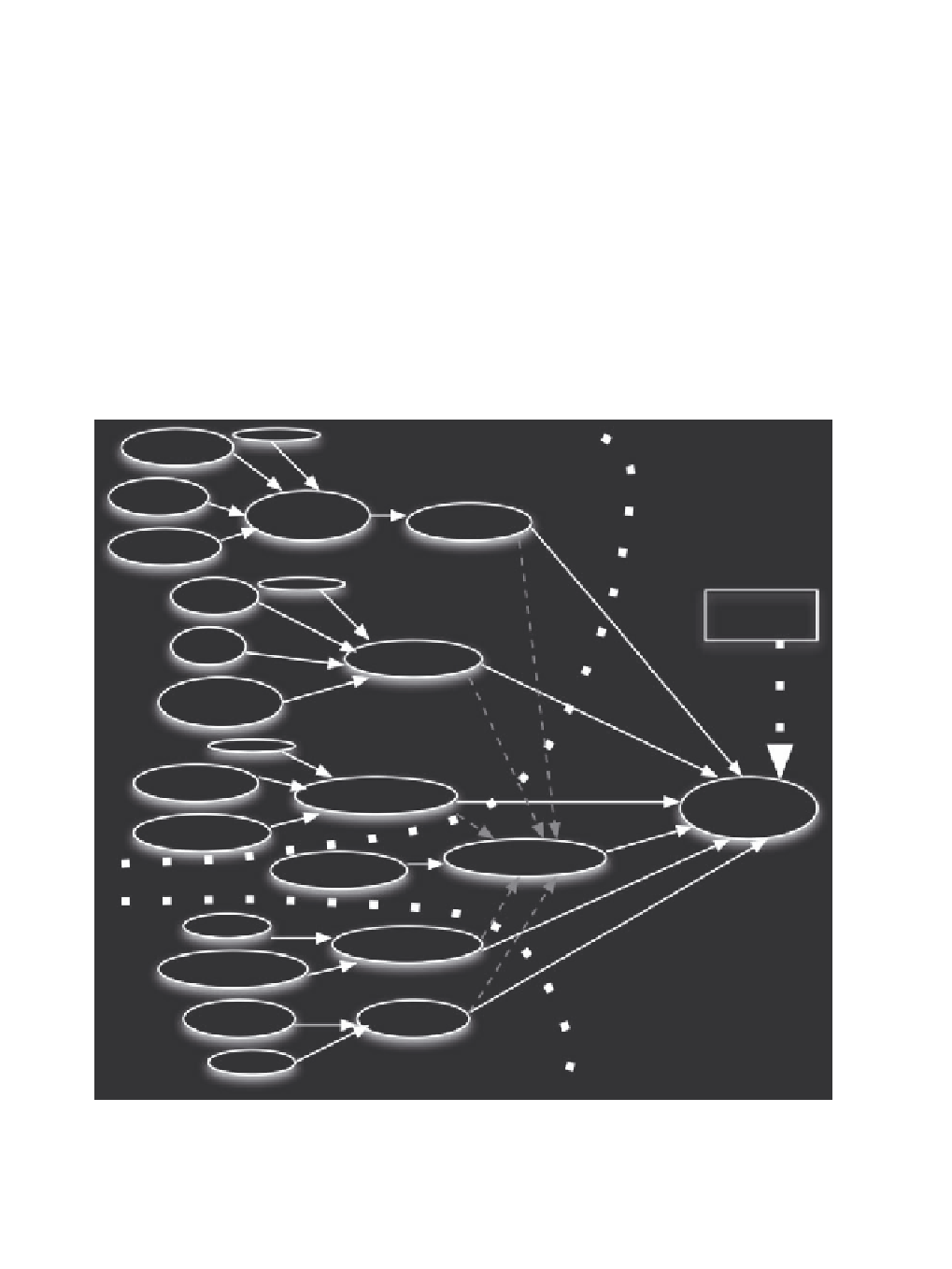Information Technology Reference
In-Depth Information
beyond this. In over-help
Y
is supposed to take care of our actual goals, desires, to seek out
what we want; but there are forms of trust where we accept that
Y
goes against our current
desires and objectives, while pursuing our (non understood) interests. This is
super-trust
or
tutorial trust
: trust in the 'tutorial' role of
Y
towards me. I feel so confident in
Y
that I am
convinced that
Y
is pursuing my good, and is helpful, even when
Y
is acting against my current
goals and I do not understand how he is taking care of me.
In other words, I assume that
Y
is taking care of my wellness, of doing the best for me, of
my (possibly not so clear to me) interests, not just of my actual and explicit goals and desires
(and may be against them). He does that for my good.
This presupposes that I feel/believe that I ignore part of my
interests
, of what is good for
me (now or in the future), and I assume that, on the contrary,
Y
is
able
to understand better
than me what is good for me (my interests) and
cares
about this, and
wants
-evenagainst
me - to protect my interests or oblige me to realize them.
We have modeled (Conte and Castelfranchi, 1995) this kind of social relationship between
Y
and
X
(when
Y
claims to know better than
X
what is better for
X
, and care about this, and
Internal Trust
...
Motivation
Morality
Intend and
Persist
Willingness
Fear of
Autority
...
Ability
Achieving
g
X
Know
how
Competence
Self
Confidence
...
Safety
Unharmfullness
Decision to
Trust
Goodwilling
Dependence
Beliefs on
herself
...
Opportunities
Abilitating
Conditions
Dangers
Obstacles
...
External Trust
Figure 2.15
The complex set of beliefs converging towards the decision of trusting

Search WWH ::

Custom Search